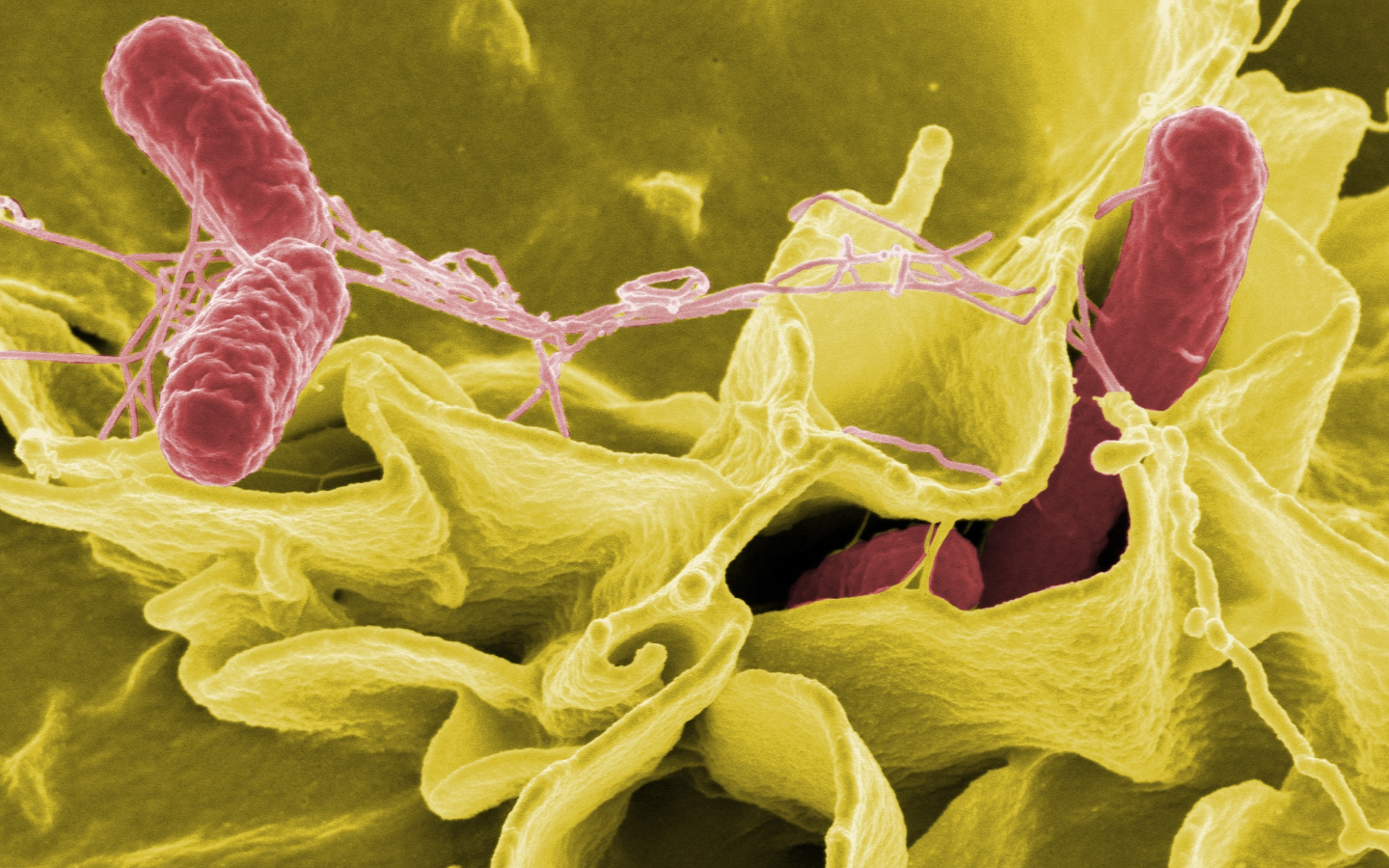How to prevent antimicrobial resistance from becoming a new pandemic

In Europe it is estimated that the deaths caused by antimicrobial resistance are about 33 thousand, of which a third are registered in Italy alone. So here's what the Italian Society of Infectious and Tropical Diseases (Simit) proposes, which today organized a meeting at the Ministry of Health
Antimicrobial resistance, caused in most cases by the abuse of antibiotics , which therefore become ineffective in fighting bacteria that were previously sensitive to them, is one of the main public health problems at all levels: global, European and above all Italian.
The World Health Organization (WHO), the European Center for Disease Prevention and Control (ECDC) and the Italian Medicines Agency (Aifa) reported it.
Today the Italian Society of Infectious and Tropical Diseases (Simit) also reiterated this at the Ministry of Health which, in collaboration with other scientific societies and patient associations, promoted the scientific meeting Antimicrobial resistance: a global threat – the first initiative of the second edition of the 'Healthcare I would like' project.
DATA ON ANTIBIOTIC RESISTANCE
Data from the WHO, the United Nations and the G20 – recalls Simit – estimate a mortality in 2050 from multi-resistant germs to antibiotics similar to oncological pathologies, with 10 million deaths globally.
Already today in Europe, according to the WHO, more than 670,000 infections with antibiotic-resistant germs occur every year, causing about 33,000 deaths. Of these, a third occur in Italy, often due precisely to the abuse of antibiotics, making us the country with the highest mortality in Europe.
In Italy, in fact, as Start wrote citing AIFA data, every year from 7 to 10% of patients encounter a multi-resistant bacterial infection with thousands of deaths.
Alongside antibiotic resistance, healthcare-related infections (HAI) are also a growing phenomenon in Europe.
SIMIT'S PROPOSALS
The scientific director of Simit, Massimo Andreoni, after reiterating the urgency to intervene, recalled that in February the Ministry of Health approved the new National Plan to combat antibiotic resistance 2022-2025 .
“To support its concrete implementation – he said -, Simit proposes a technical roundtable that will quantify the impact of ICAs in Italy, verify the data of each hospital and create a capillary surveillance system. Furthermore, we hope for a commitment from all the general managers and the presence in each hospital of an infectious disease specialist competent on the subject".
REDUCE INFECTIONS IS POSSIBLE
Andreoni also specified that "an antibiotic stewardship [strategy of ethical management of common goods and products, ed ], as demonstrated by the scientific literature, can reduce antibiotic-resistant infections by up to 70%, especially if combined with interventions to improve the 'hospital hygiene and hand washing of health workers'.
Indeed, as Professor Walter Ricciardi , professor of General and Applied Hygiene, Department of Life Sciences and Public Health, declared a few days ago at the Catholic University, Rome campus and President of the new National Observatory on Antimicrobial Resistance (ONsAR): "The The good news is that 3 out of 4 deaths related to antibiotic resistance could be prevented, the bad news is that if we do not act immediately by 2050, antibiotic resistance could become more lethal than cancer and the leading cause of death in our country".
THE SIMIT PROJECT
The president of Simit, Claudio Mastroianni, then explained that the Company's initiative is aimed at "stimulating a concrete reflection on the infectious emergencies that we are already facing today and which could degenerate with effects on every level, as Covid has demonstrated ”.
Among the topics that will be addressed in this series of meetings, in fact, Mastroianni said that "there are current ideas such as vaccine prevention, new therapeutic tools, screening of infectious diseases as a public health intervention, emerging and re-emerging infections, climate change and tropicalization of the climate”.
"Covid – concluded the president of Simit – has shown how indispensable a multidisciplinary approach from the scientific point of view and from the point of view of governance is an interaction between clinicians, institutions, health authorities, civil society".
This is a machine translation from Italian language of a post published on Start Magazine at the URL https://www.startmag.it/sanita/perche-antimicrobico-resistenza-rischia-di-essere-una-nuova-pandemia/ on Tue, 11 Jul 2023 12:48:03 +0000.
